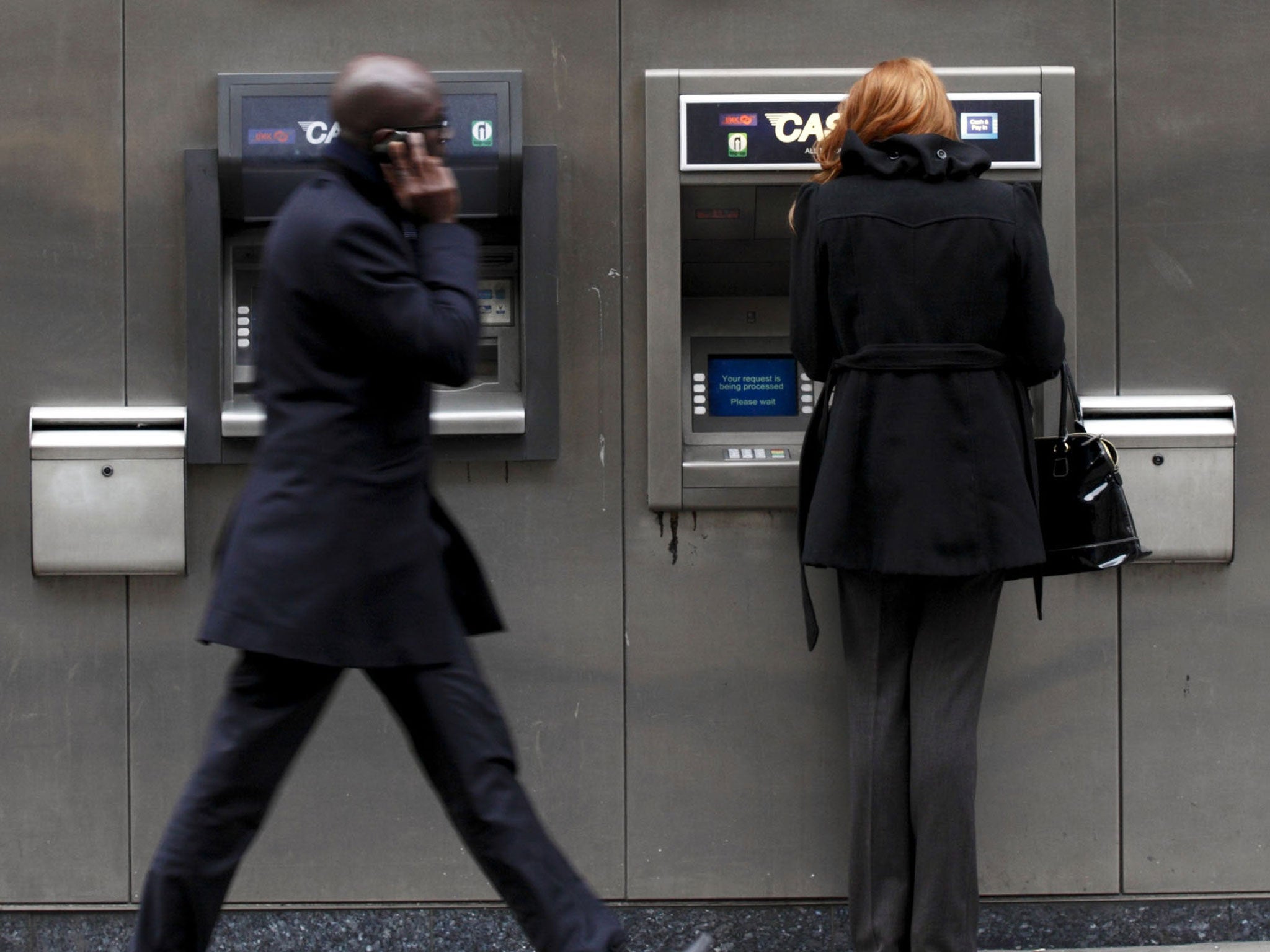Bank fraud: Why Which? is right when it says not enough is being done
A disturbingly large number of people are losing life-changing amounts of money through scam artists taking advantage of bank transfers

How much protection should banks offer when you make a payment to the account of a dodgy third party who then drains it and scarpers?
If you use a credit or debit card, congratulations! You should get your money back.
If it’s via a bank transfer, bad luck. You could easily end up with nothing.
The consumer body Which? says this is happening to too many people, and has written to the big banks to urge them to get their skates on when it comes to cracking down on fraud.
There is a subtle difference between payment via a bank transfer and payment by plastic, which helps to explain why the treatment of them is so different.
In the case of the latter, you might make the payment, but the bank authorises the transfer of funds. Therefore it takes responsibility if the money goes to someone it shouldn’t, like a fraudster.
With a transfer, however, you authorise the payment. It’s a “push transfer” because you push the funds through. Therefore if it goes to a wrong’un, it’s on you.
I imagine most people will be left scratching their heads at this point, because the difference is quite subtle. In practice, both payments see funds going from A to B. But with one you get money back if B is a fraudster and with the other you don’t.
Which? points out that bank transfers have mushroomed in popularity as a way of paying for things, particularly big ticket items like houses, in the UK.
Consumers now make over 70 million of them a month, compared to just over 100 million in a whole year a decade ago.
Its research suggests that as many as one in 10 people have either lost out as a result of a transfer related fraud, or knows someone that has.
That’s a little woolly, but the thing is, more precise statistics are actually very hard to come across.
What is clear is that there’s enough evidence out there to suggest that it is a problem, and quite a big one, particularly given the four- and five-figure sums (and sometimes more) that victims can end up losing
Banks say they’re working jolly hard to improve things (which is what they always say) but that it will take time. The Payment Systems Regulator is also looking into the situation, but it also says this sort of thing takes time (you can see the theme that is developing).
In the interim, a lot of people are going to lose a lot more money.
There are those who argue that it’s on you if you don’t check carefully where your money is going. But if you receive a phone call from a plausible-sounding person, sending you an estate agent’s “new” bank details to transfer into, or if the email they send you looks legitimate? It’s actually quite easy to get caught, particularly during periods of stress that we all go through.
There is a danger with tightening up regulation. Transfers are popular because they are quick, easy and convenient. Make the banks liable for things that go wrong, and they will almost certainly respond with a whole lot of hoops for people to jump through.
A balance needs to be struck.
However, while this story is not apparently related to the WannaCry hack over the weekend, they both have at their core the use of new technology to perpetuate new forms of crime.
Institutions, that have their roots deep within the old way of doing things, are often behind the curve when it comes to addressing the issues raised.
Until they do that (we're working really really hard, but it takes time!) the message to the consumer is be very, very careful before doing anything by bank transfer.
If in doubt, don’t. And wherever possible, use plastic.
Join our commenting forum
Join thought-provoking conversations, follow other Independent readers and see their replies
Comments
Bookmark popover
Removed from bookmarks